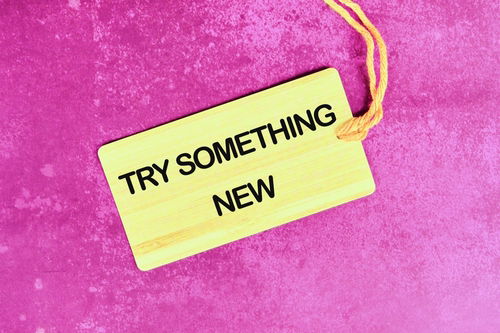How to Make Your Resolutions Stick

New Year’s celebrations have been a tradition for over 4,000 years, originating with the Ancient Babylonians who commemorated the event with the spring equinox, a time when day and night are of equal length. Ancient Greeks marked the new year with the winter solstice, while the Romans formalized January 1st as the start of the year based on the Egyptians 365¼-day solar calendar.
Across many cultures, the arrival of a new year is seen as a blank slate that offers a unique opportunity for self-reflection and renewal. This annual period is often celebrated with traditions that symbolize prosperity, happiness, and good fortune. The term “New Year’s resolution” first appeared in an 1813 Boston newspaper, reflecting the enduring human desire to improve.
While originally steeped in religious significance, resolutions have evolved into personal commitments focused on self-betterment. Today, resolutions often revolve around building positive habits, such as exercising regularly, adopting healthier eating practices, or enhancing personal development, all rooted in an age-old aspiration for self-improvement. Despite their popularity, sticking to New Year's resolutions is notoriously difficult for over 90% of the people each year.
Resolutions versus Habits
So why do so many New Year’s resolutions fail? Common obstacles include setting unrealistic expectations, lack of proper planning, and attempting lifestyle changes without adequate preparation. For example, losing weight is consistently one of the most popular resolutions, yet it’s also one of the most frequently abandoned. Without a structured approach to adopt new habits, individuals often experience frustration and give up within weeks or even days.
The key to achieving your New Year’s resolutions lies in thoughtful planning and realistic goal-setting. Begin by reflecting on the past year and determine what worked, what didn’t, and what you’d like to improve. Set specific, measurable, and achievable goals that align with your lifestyle and priorities. For example, instead of vaguely saying, “I want to lose weight,” commit to exercising three times a week or incorporating more vegetables into your meals.
The start of a new year carries a universal appeal as a moment of reflection, renewal, and optimism. From ancient farmers tying resolutions to crop cycles to modern individuals committing to healthier lifestyles, it helps people renew aspirations. But, resolutions are not just about achieving specific goals; they are about envisioning a better version of oneself. With proper intention and planning, they can lead to meaningful progress and lasting positive growth and change.
Incorporate MRC into Your Weight Loss Journey
The start of a new year often brings a renewed focus on health and fitness, with weight-loss resolutions topping the list for many. However, these resolutions are most effective when they signal a genuine shift in mindset with a fresh approach to familiar challenges. Instead of committing to an overwhelming broader goal, start small. Focused mini-goals make it easier to establish the habits you need for success while laying the groundwork for long-term progress.
One of the biggest obstacles in weight-loss efforts is the cycle of losing and regaining weight, commonly known as weight cycling. This pattern can negatively impact overall health by reducing lean muscle mass and increasing fat deposits. Relying solely on the scale to track progress compounds this issue, as it can undermine motivation and fails to reflect other health improvements. Building healthier habits through intentional changes can make all the difference.
Working with experienced professionals provides structure and expert advice to help you set realistic goals and stay accountable. For example, the Metabolic Research Center has spent over 40 years helping individuals achieve sustainable health improvements through personalized coaching and a supportive community setting. Their approach focuses on addressing underlying factors, while creating manageable goals personalized to your needs.
By submitting this form, you agree to receive marketing text messages from us at the number provided, including messages sent by autodialer. Consent is not a condition of any purchase. Message and data rates may apply. Message frequency varies. Reply HELP for help or STOP to cancel. View our Privacy Policy and Terms of Service.

